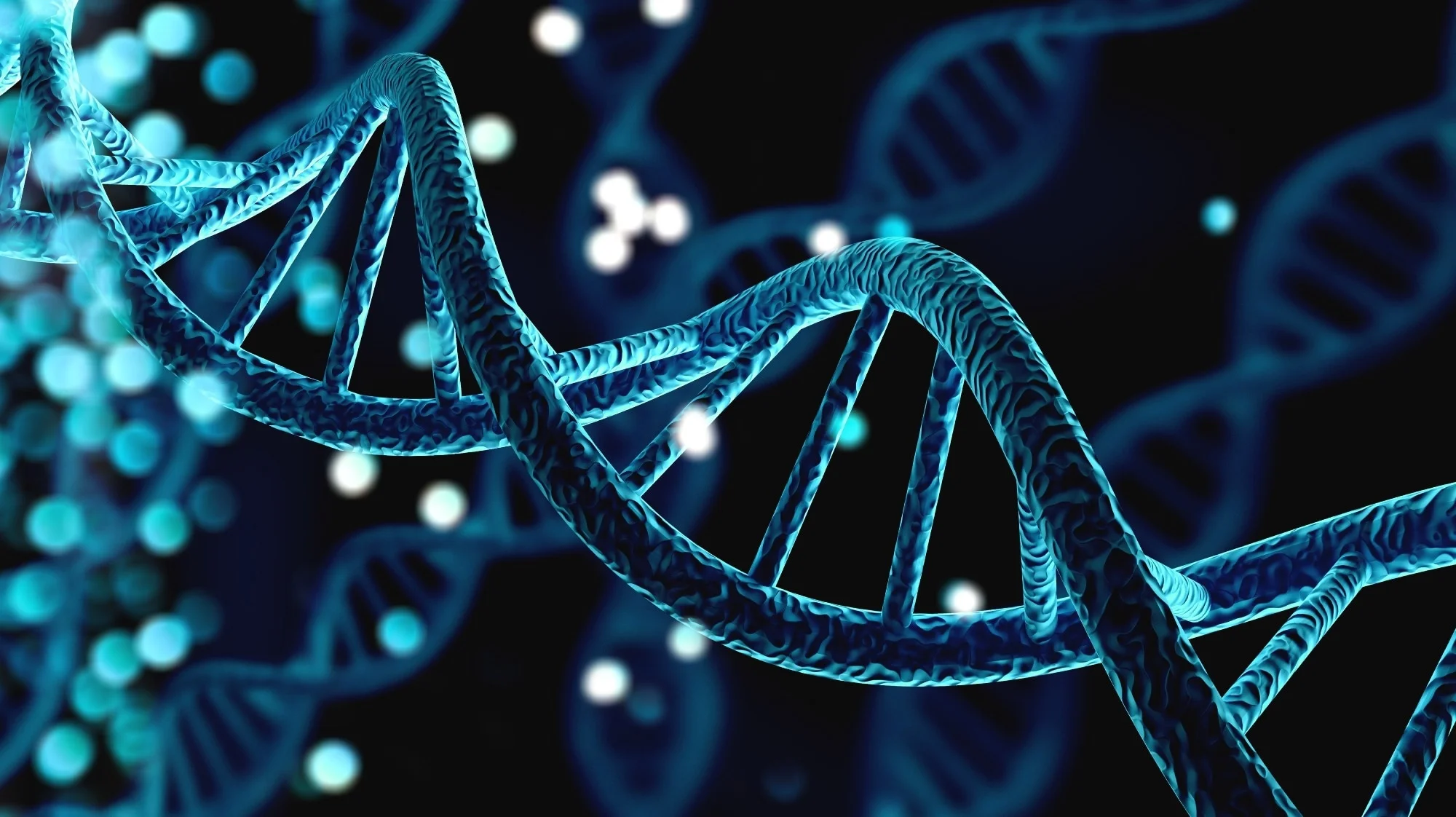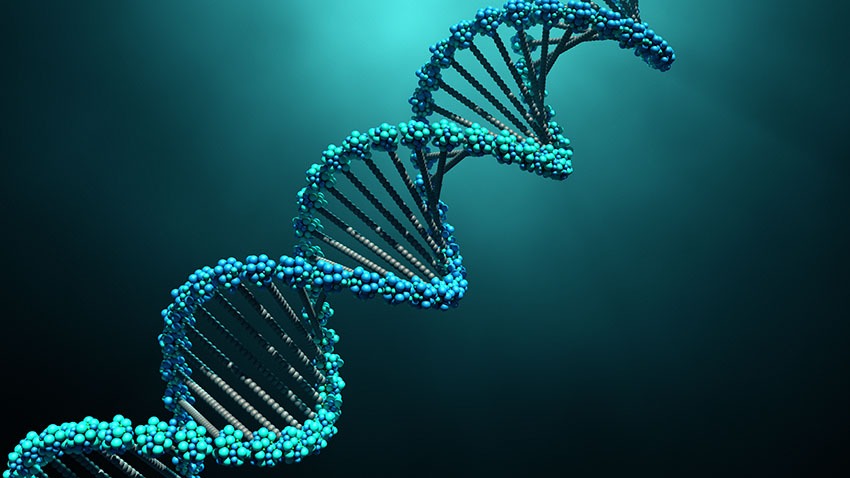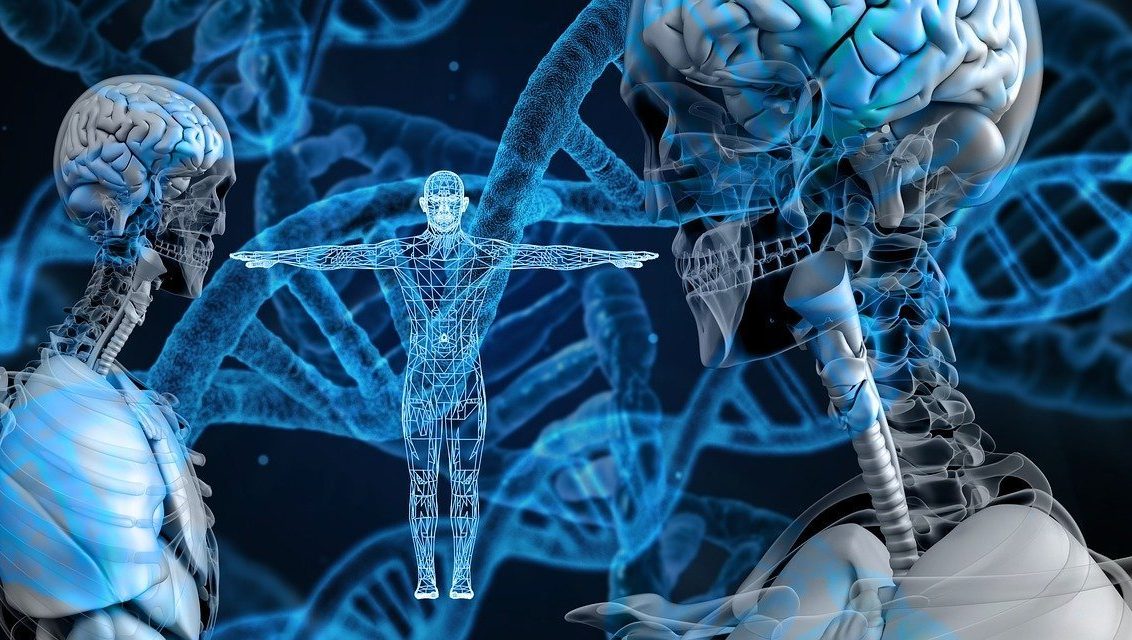In This Article
ToggleHuman genetics is a fascinating field that delves into the study of genes, heredity, and the intricate mechanisms that make each individual unique. This discipline not only helps us understand our biological makeup but also provides insights into numerous diseases and conditions, enabling advancements in medicine, technology, and agriculture. Here’s an exploration of the foundational concepts, recent developments, and the ethical considerations surrounding human genetics.
The Foundation of Human Genetics

Genes are the fundamental units of heredity, composed of DNA. They carry instructions for the synthesis of proteins, which are essential for the structure, function, and regulation of the body’s cells, tissues, and organs. Human genetics primarily focuses on how traits and diseases are passed from one generation to the next and how genetic variations contribute to the diversity observed within the human population.
The human genome, which contains the complete set of genetic instructions, consists of approximately 3 billion base pairs of DNA. This genome is organized into 23 pairs of chromosomes, including one pair of sex chromosomes. Understanding the structure and function of the human genome has been the cornerstone of genetic research.
Advances in Human Genetics
Modern technologies have significantly advanced the study of human genetics. Techniques such as genome sequencing, CRISPR gene editing, and epigenetic analysis have revolutionized the field, allowing researchers to uncover the complexities of genetic code and its impact on health and development.
- Genome Sequencing
The ability to sequence the entire genome has transformed how we diagnose and treat genetic disorders. Sequencing provides a detailed map of an individual’s DNA, enabling the identification of mutations that may lead to diseases. For example, genetic testing can identify mutations in the BRCA1 and BRCA2 genes, which are linked to an increased risk of breast and ovarian cancer. - CRISPR-Cas9 Gene Editing
CRISPR technology has opened new doors for genetic modification. This tool allows scientists to edit specific genes with unprecedented precision, offering potential cures for genetic disorders such as cystic fibrosis, sickle cell anemia, and Huntington’s disease. While the technology holds immense promise, it also raises ethical questions about its potential misuse. - Epigenetics
Epigenetics studies how environmental factors and lifestyle choices can influence gene expression without altering the underlying DNA sequence. This field has revealed how factors such as diet, stress, and exposure to toxins can affect gene behavior, leading to changes that can be passed down to future generations.
Genetic Disorders and Their Management

Human genetics plays a critical role in understanding and managing genetic disorders. These disorders can be classified into three main types: single-gene disorders, chromosomal disorders, and complex disorders.
- Single-Gene Disorders
These conditions arise from mutations in a single gene. Examples include cystic fibrosis, hemophilia, and sickle cell anemia. Advances in genetic testing have improved the diagnosis and management of these disorders, often allowing for early intervention. - Chromosomal Disorders
Chromosomal abnormalities occur when there are changes in the number or structure of chromosomes. Down syndrome, caused by an extra copy of chromosome 21, is a well-known example. Prenatal screening and diagnostic tests have made it possible to detect such disorders early during pregnancy. - Complex Disorders
These conditions result from the interplay of multiple genes and environmental factors. Examples include diabetes, heart disease, and certain types of cancer. Understanding the genetic contributions to these disorders has paved the way for personalized medicine, where treatments are tailored to an individual’s genetic profile.
The Role of Human Genetics in Medicine
The field of genetics has revolutionized medicine by enabling the development of targeted therapies, predictive diagnostics, and preventive strategies.
- Personalized Medicine
Genetic information allows doctors to tailor treatments to an individual’s genetic makeup. This approach has been particularly effective in oncology, where treatments such as targeted therapies and immunotherapies are designed to attack specific genetic mutations in cancer cells. - Gene Therapy
Gene therapy involves introducing, removing, or altering genetic material within a patient’s cells to treat or prevent disease. This technique has shown promise in treating conditions such as spinal muscular atrophy and inherited retinal disorders. - Pharmacogenomics
Pharmacogenomics examines how genetic variations influence an individual’s response to medications. This knowledge helps in prescribing the right drug and dosage, minimizing adverse effects and improving therapeutic outcomes.
Ethical Considerations in Human Genetics

As the capabilities of genetic research expand, so do pulitoto the ethical dilemmas associated with its application. Issues such as genetic privacy, consent, and the potential for genetic discrimination must be carefully navigated.
- Genetic Privacy
The availability of genetic data raises concerns about privacy and data security. It is crucial to ensure that individuals’ genetic information is protected and not misused by employers, insurers, or other entities. - Designer Babies
The possibility of using genetic editing to enhance physical or intellectual traits in unborn children has sparked debates about “designer babies.” Such practices could exacerbate social inequalities and raise questions about the ethical limits of genetic intervention. - Access to Genetic Technologies
Ensuring equitable access to genetic technologies is a major challenge. High costs and limited resources often restrict these advancements to certain populations, raising concerns about disparities in healthcare.
Future Prospects of Human Genetics
The future of human genetics is brimming with possibilities. From understanding the genetic basis of aging to tackling global health challenges, the potential applications are vast.
- Aging and Longevity
Genetic research has shed light on the mechanisms of aging and the genes involved in longevity. Studies on telomeres and genes like FOXO3 have opened avenues for interventions that could extend healthy lifespan. - Global Health
Genetics is playing a pivotal role in addressing global health issues such as infectious diseases. Understanding genetic susceptibility to diseases like malaria and tuberculosis has informed the development of vaccines and treatments. - Space Exploration
Human genetics is also contributing to the study of how space travel affects the human body. Research on genetic changes during extended space missions is essential for planning long-term exploration, such as missions to Mars.
Conclusion
Human genetics is a dynamic and ever-evolving field that holds the key to understanding the essence of life itself. From decoding the human genome to developing cutting-edge therapies, the advancements in this discipline have reshaped medicine, science, and society. However, with great power comes great responsibility. As we continue to unlock the secrets of our genetic blueprint, it is imperative to approach these discoveries with ethical mindfulness and a commitment to equitable progress.





